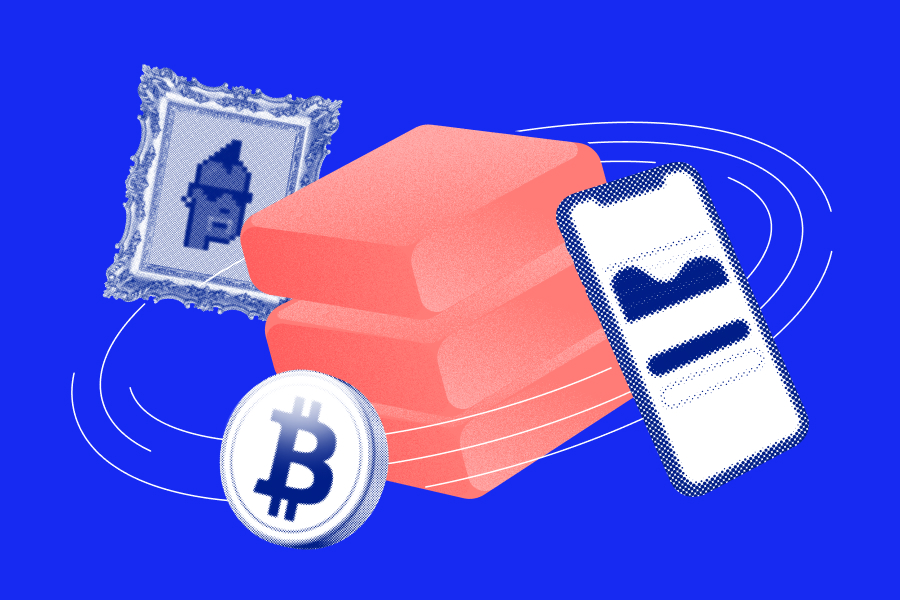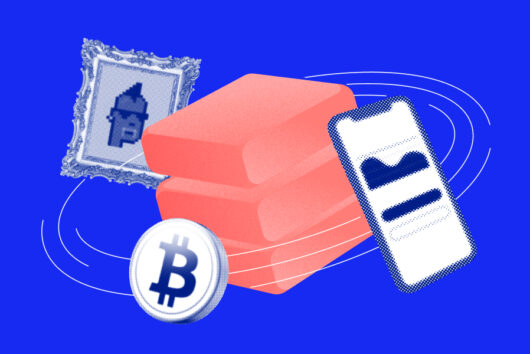Soul-bounds (SBTs) could restore trust in NFTs and give Web3 its soul

What
Ethereum Founder, Vitalik Buterin, co-authored a paper published last week called “Decentralised Society: Finding Web3’s Soul”. The paper outlines the future of Web3, and proposes a special kind of NFT called Soul-bounds (SBTs). SBTs would be non-transferable NFTs that could be used for things like university degrees that are specific to individuals; allowing for proof of ownership without a resale function
Why
Buterin has expressed his frustration with the speculative NFT market as being one of the most prominent use cases for the Ethereum network, while admitting to it helping to fund the things that excite him such as DAO experiments. SBTs mark an attempt by the Ethereum Founder to add greater functionality for NFTs that can have applicable use cases beyond speculation for cartoon avatar pictures
What next
According to E. Glen Weyl, one of the co-authors of the paper, SBTs could be expected to launch by late 2022. Weyl added that he expects SBTs to be focused on during “the 2024 up cycle”
The story
Soul-bounds would work by giving users a “soul wallet”. Any tokens sent to this wallet would not be able to be transferred, allowing for an immutable way to give users proof that they are the original owner. Tokens would be “publicly visible, non-transferable (but possibly revocable -by-the-issuer).”
The paper asks us to “imagine a world where most participants have Soul wallets”. SBTs could then used in lots of ways, including “educational credentials, employment history, or hashes of writings or works of art.” This would be part of what the paper calls a DeSoc (decentralised society) in which decentralised technologies could fulfil functions in our day to day lives as part of “a co-determined sociality, where Souls and communities come together bottom-up, as emergent properties of each other to co-create plural network goods and intelligences, at a range of scales.”
SBTs could also be used to add greater legitimacy to the existing NFT market. Fake accounts posing as popular artists has presented a problem for platforms such as OpenSea. If an artist’s wallet held SBTs of their original works, allowing users to verify they are the real artist and not an impersonator. Instead of asking for previous employers for letters of reference, an SBT could be issued instead, so job seekers could prove their work history is legitimate.
 Discover
Discover Help Centre
Help Centre Status
Status Company
Company Careers
Careers Press
Press


